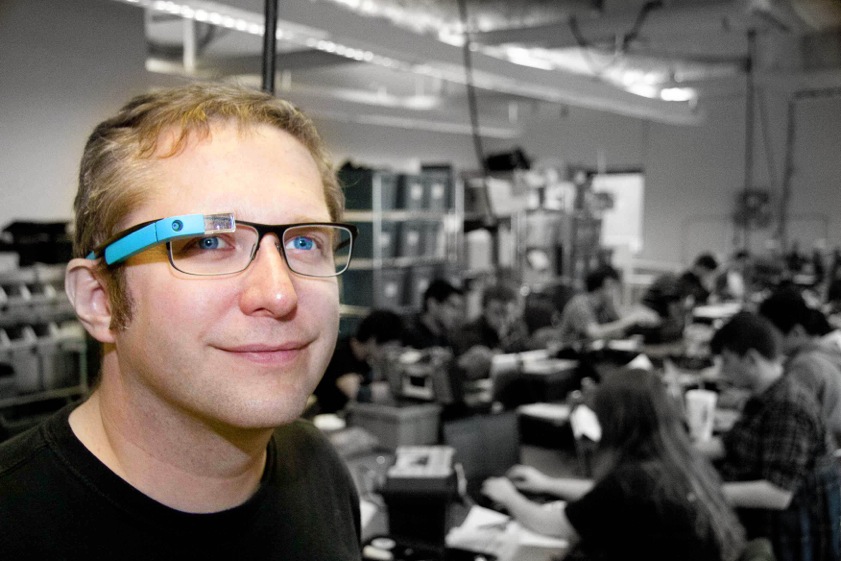Small, Lightweight and Fast: A Future of Mobile AR and Wearables
The reality-replacing AR systems promoted in film and science fiction are both impractical and undesirable. In the course of 25 years of researching and living with mobile AR, my experience has shown that fashion, head weight, eyebox, speed of access, and social perception have proven more important than spatial resolution and field-of-view. Wearable computers with lightweight, small field-of-view, head-worn displays will enable compelling mobile augmented reality applications much sooner and be better accepted by the average consumer. In this talk I will present unexpected uses of wearables – systems that augment intellect and the senses; assist communication between humans and animals; allow control through silent speech and brain interfaces; and even teach wearers manual skills such as playing the piano without active attention. In the process, I will make the case that compelling applications can be made with lightweight systems that are on the verge of being possible in today’s market.

Thad Starner is a wearable computing pioneer, having worn a computer with a head-up display in his daily life since 1993. Dr. Starner is a Professor of Computing at Georgia Tech and a Technical Lead on Google Glass. He is a founder of the annual ACM International Symposium on
Wearable Computers, now in its 21st year. Dr. Starner has produced over 500 papers and presentations on his research and has 75 issued United States utility patents. He was elected to the CHI Academy in 2017 and is always looking for a good game of table tennis.